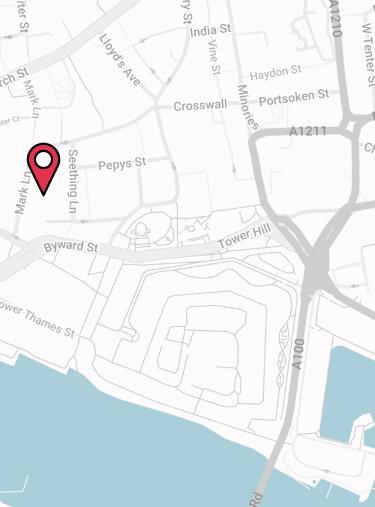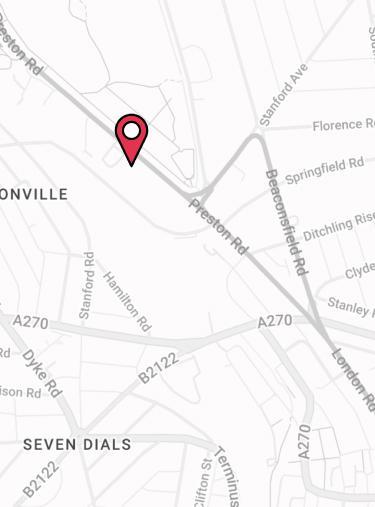
Inheritance Tax Planning: Is it Too Late Now I’ve Sold My Business?

by Jonathan Cooper
Head of Paraplanning
The best time to undertake Inheritance Tax (IHT) planning in relation to business assets is before their disposal. However, there are many reasons, personal and professional, where the business needs to be sold and appropriate plans cannot be implemented prior to the sale.
This can lead to a significant uplift to the value of your personal estate which, unless it is spent rather quickly, could be subject to an IHT charge at 40%.
I’ve Already Sold My Business — Can I Still Plan for Inheritance Tax?
The good news is that this situation is not necessarily a fait accompli when it comes to IHT planning.
There remains options and means to reduce the potential tax burden if the sale of business assets has increased the value of your IHT taxable estate and you are concerned about the implications for your loved ones and chosen beneficiaries.
Gifting and Inheritance Tax
One should always look at using their personal tax allowances and in relation to IHT the most obvious is the £3,000 annual gift exemption; but this is rather small beer when it comes to the sale of a business which could net 6 or 7 figure sums, if not more, in your bank account.
Another traditional method of IHT planning is larger gifts. Where these are made to an individual, they are called Potentially Exempt Transfer and where made to most Trusts are known as Chargeable Lifetime Transfers.
Despite their differing monikers they both have few potential drawbacks in common.
- They both take a full 7 years from the date they are made to fall outside of your estate for IHT purposes.
- They can both result in the loss of full control and future access to the amounts gifted.
- It may be advisable to limit them to £325,000 in each seven-year period to avoid further tax complications.
Investments That Attract Business Property Relief
One alternative solution is the use of Business Property Relief investments.
Such qualifying investments are, through longstanding and established Business Relief tax legislation, taxed at a rate of 0% for IHT once they have been held for a 2-year qualifying period and where they are held at date of death.
As they are an investment in your own name, and not a gift, they remain under your control and as such access to income and capital can still be gained should this be needed.
Sums from business disposals can therefore be reinvested into Business Property Relief investments to gain IHT relief at a rate of 40% after just two years.
However, it could be better than that.
Replacement Property Relief
Importantly for our business owner who has recently sold their business, there is another piece of legislation known as Replacement Property Relief.
This states that if all or some of the proceeds from one BPR qualifying assets are invested back into another BRP qualifying asset within 3 years, then the newly acquired BPR qualifying asset should be immediately exempt from IHT and does not have to go through another 2 year holding period to gain the 0% IHT tax rate.
If, therefore, it can be established that the sold business was BPR qualifying whilst it was trading (or before the shares were sold), then IHT can be immediately mitigated on the sale proceeds.
Let us consider an example:
Qualifying Business | Business Sale Releasing £1.2 Million in Cash |
|---|---|
£1,200,000 | £1,200,000 |
Proceeds reinvested into BPR investment within 3 years of business sale | Proceeds from business sale retained as cash |
Potential immediate IHT saving of £480,000 | Potential IHT chargeable at 40%*: £480,000 tax due |
Please note that Business Relief Investments should be considered high risk and the availability of tax reliefs highlighted will dependent on your own personal tax situation.
There is no substitute for personal advice. The needs of you, your family and your company are all unique and requires a bespoke and tailored solution. To get started on that journey, the team here at Drewberry would be more than happy to help.
Why Speak to Us?
We started Drewberry because we were tired of being treated like a number. We want to give you as our client the service you deserve when discussing matters as important as planning your financial future.
Below are just a few reasons why it makes sense to let us help:
- See your financial future
Our sophisticated financial modelling technology visually maps out your financial future. Get a living financial plan that clearly shows what you can achieve depending on the decisions you make — read more here. - Achieve the retirement you deserve
Can you afford that dream round-the-world trip? Can you help your children onto the property ladder? We’ll model your goals and build your financial plan to help you achieve them. - Our knowledge saves you time and provides peace of mind
We take care of it all, from organising your pensions, investing your assets, managing risk and making the most of your tax allowances. - We’ve got bargaining power on our side
This allows us to negotiate better rates for you than dealing with providers yourself. - You’ll speak to a dedicated specialist from start to finish
You’ll speak to a named specialist with a direct phone line and email. No more call centres and machines asking you to press this and that — you’ll speak to someone who knows you. - Benefit from our 5-star service
We pride ourselves on providing 5-star service, as seen in our 4074 and growing independent client reviews rating us at 4.92 / 5. - Gain the protection of regulated advice
Our regulated advice service means you are protected. We’re responsible for the decisions we help you make. Doing it yourself or going direct to a provider doesn’t offer this protection, so you won’t benefit from these securities.
Contact Us
125-135 Preston Road
Brighton
BN1 6AF
Cookies
Drewberry™ uses cookies to offer you the best experience online. By continuing to use our website you agree to the use of cookies including for ad personalization.
If you would like to know more about cookies and how to manage them please view our privacy & cookie policy.








